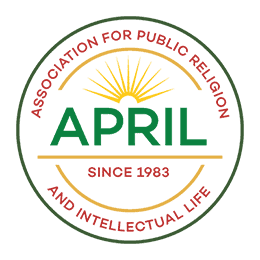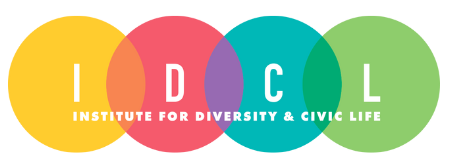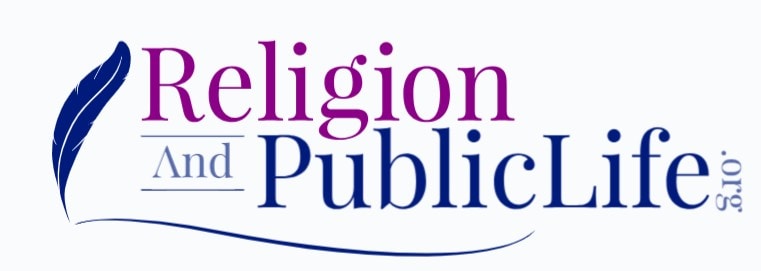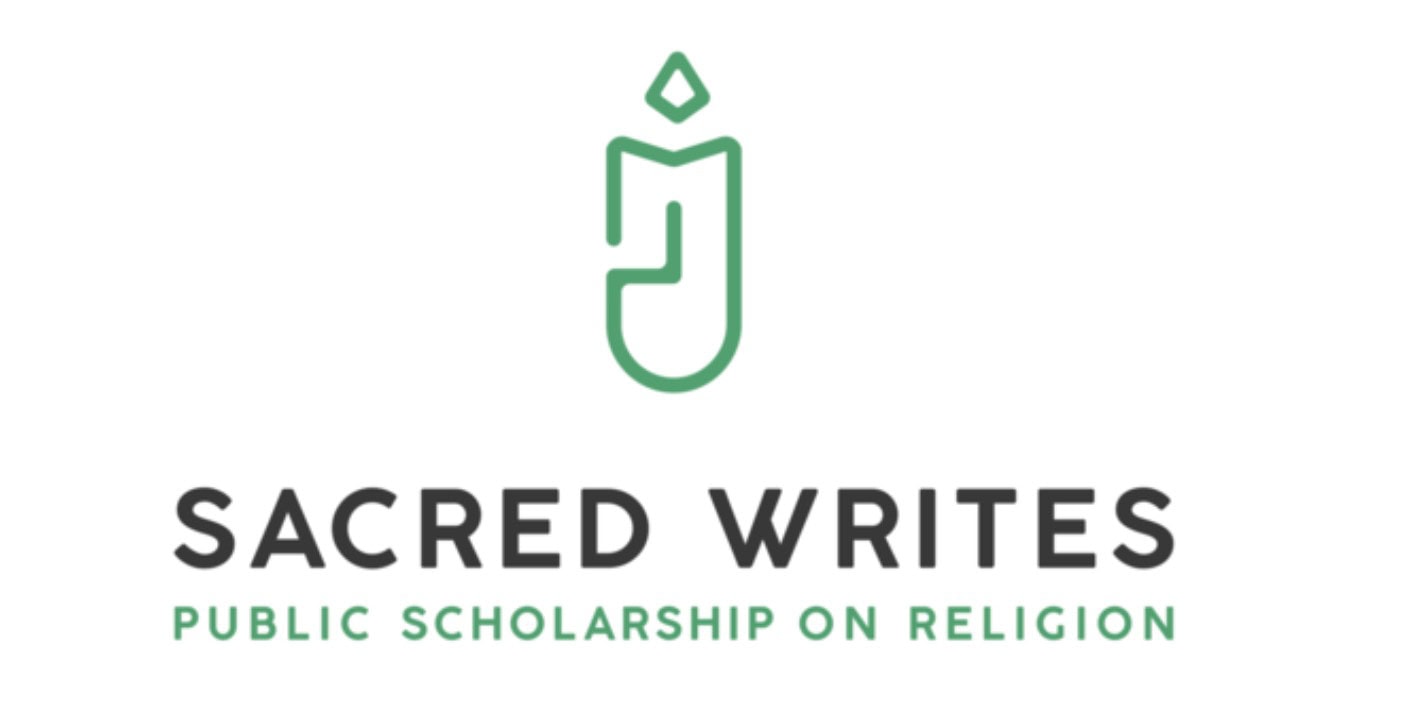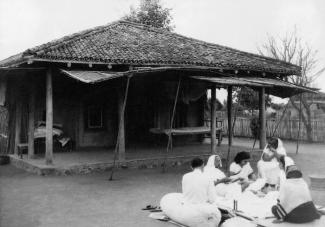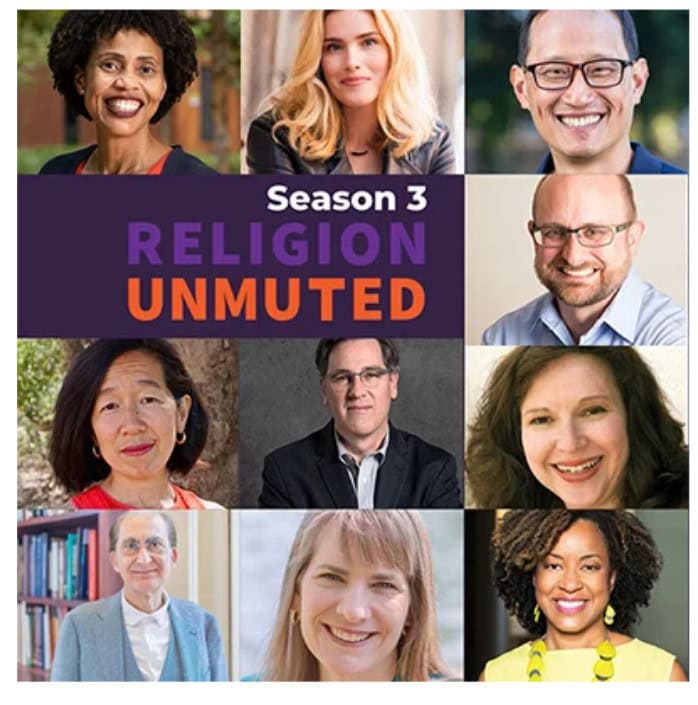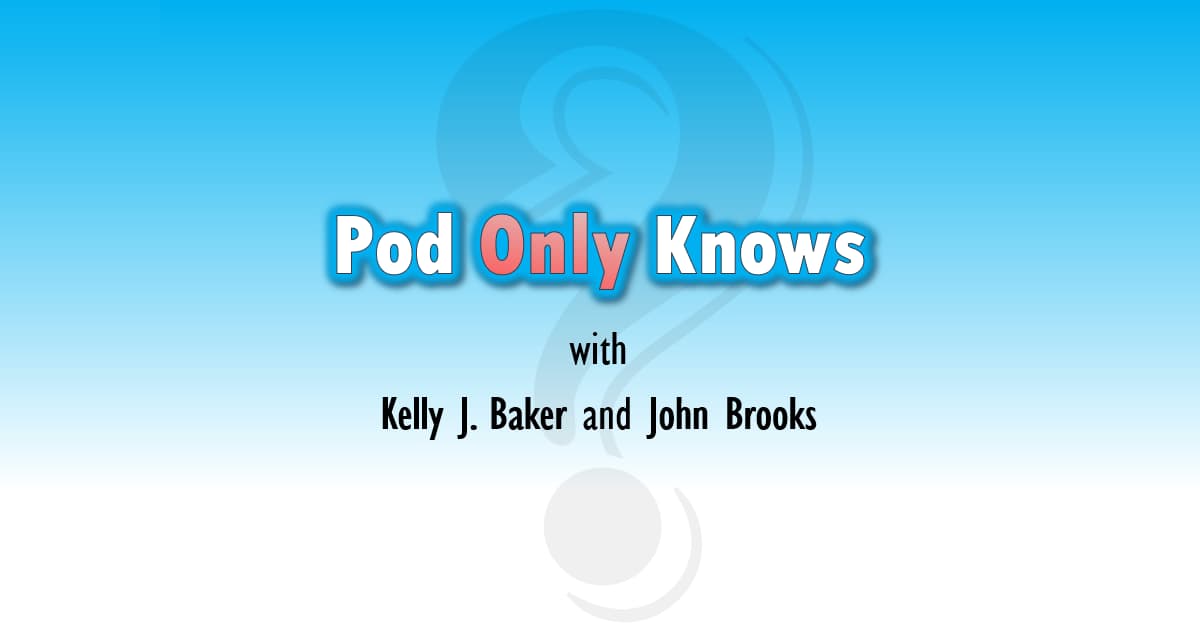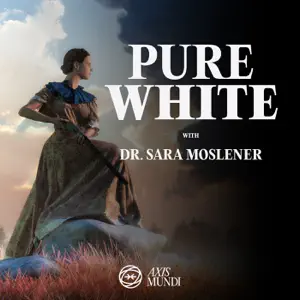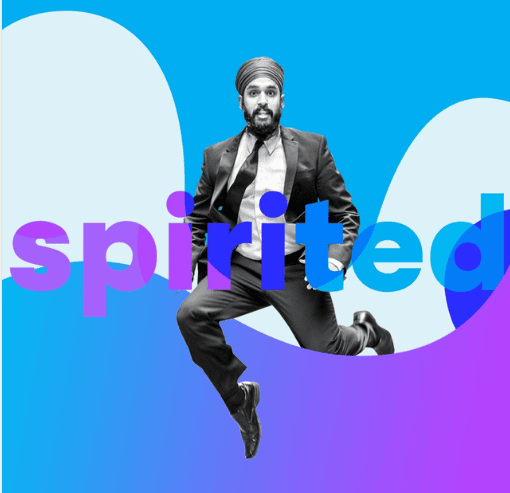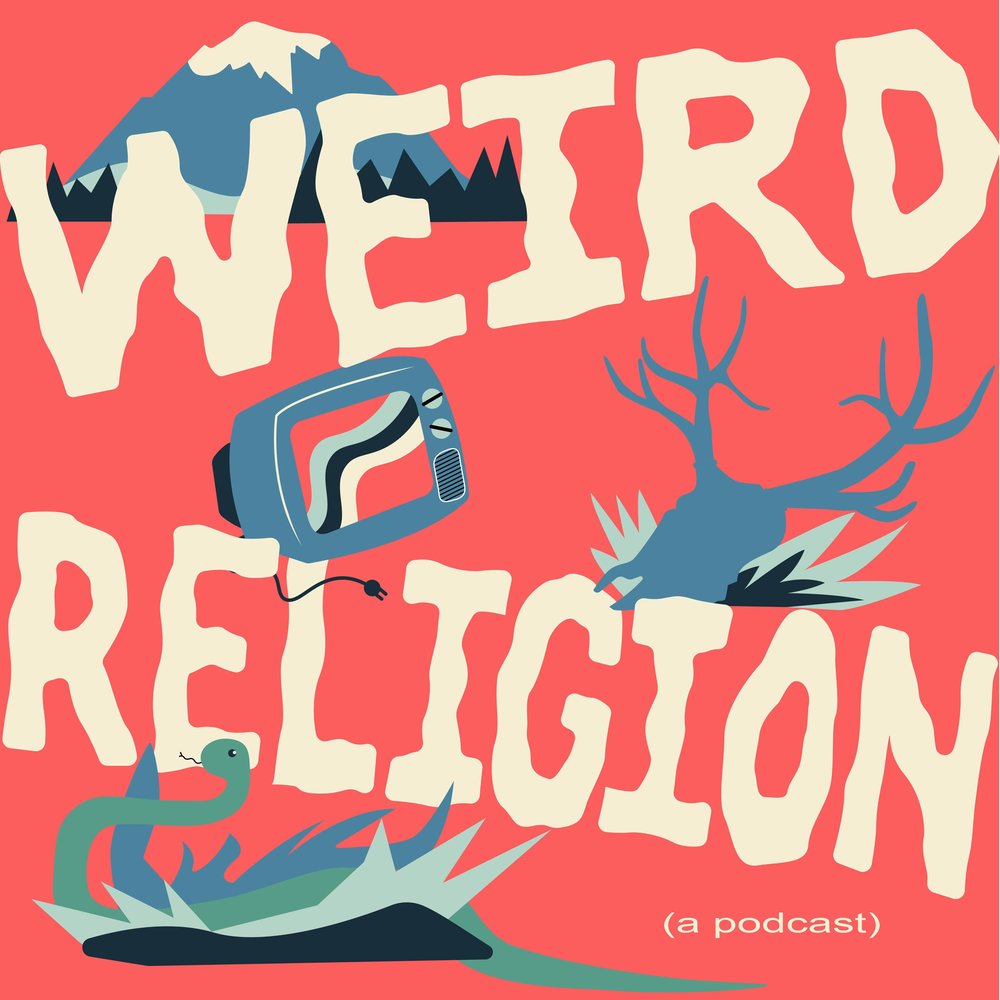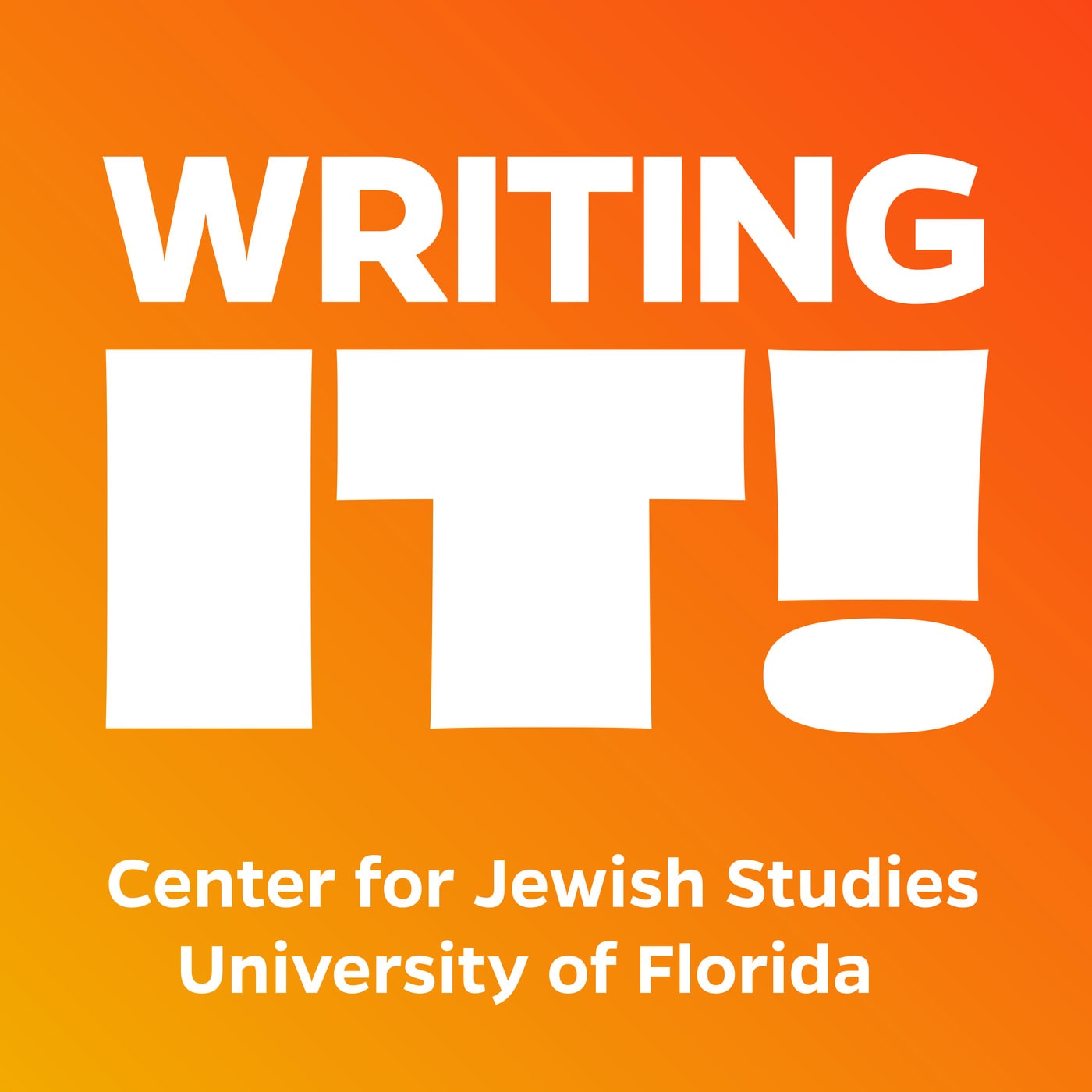To fulfill our mission of enhancing the public understanding of religion, we develop and facilitate programs designed to engage a variety of publics, including a biennial lecture series and resources for public scholars. Below you can learn about some exciting current publicly engaged work, religion journalism including substacks, and podcasts that explore religion in diverse communities and offer public resources for understanding religion in contemporary culture. Additional upcoming and some past projects are also listed.
Also please see the AAR's Guidelines for Supporting and Evaluating Public Scholarship in Religion
Publicly Engaged Religion Scholarship
Publicly Engaged Religion Mapping Project
The Publicly Engaged Religion Mapping Project is a collaborative initiative of the AAR with the American Council of Learned Societies (ACLS), supported by the Henry Luce Foundation, to document and analyze the landscape of publicly engaged scholarship on religion in North America. participating partner organizations include the Institute for Diversity and Civic Life and the National Humanities Alliance. This project seeks to address persistent barriers to the connectivity, sustainability, and visibility of public-facing work by mapping the landscape of public scholarship.
Publicly engaged work by AAR members
(* indicates that (part of) the named project was supported by an AAR grant in the past.)
PRRI
Public Religion Research Institute PRRI is a nonprofit, nonpartisan organization dedicated to conducting independent research and driving conversations at the intersection of religion, culture, and politics. President: Robert P. Jones
APRIL
The Association for Public Religion and Intellectual Life is a global network of leaders, scholars, and social change agents. Through the journal CrossCurrents, the online magazine The Commons, and summer colloquia, APRIL explores religious life, engage in intellectual inquiry, and lead ethical action in the world today.
Institute for Diversity & Civic Life
The Institute for Diversity & Civic Life develops resources and curriculum guides for engaging religious diversity in equitable, intellectually sound, nonsectarian, and constitutionally appropriate ways. Resources promote understanding of the complex and nuanced ways that religions shape identities, communities, and cultures. See e.g the *Religions in Texas project.
Director: Tiffany Puett
Available online: Oral History for Social Change (online training certificate)
Religion and Public Life
(at Harvard Divinity School)
Dialogue Institute
The Dialogue Institute engages religious, civic, and academic leaders in practicing
the skills of respectful dialogue and critical thinking, building and sustaining transformative relationships across lines of religion and culture. It provides resources and creates networks for intra- and interreligious scholarship and action that value difference and foster human dignity.
Director: David Krueger
Sacred Writes
Public Scholarship on Religion provides support, resources, and networks for scholars of religion committed to translating their research for a broader audience. Director: Liz Bucar
The Boniuk Institute for the Study and Advancement of Religious Tolerance, at Rice University, aims to understand the conditions which lead to religious pluralism, tolerance, conflict, and violence, and then help people apply its findings in their lives and communities.
Director: Elaine Howard Ecklund
Center for Engaged Pluralism
The center is dedicated to the civic engagement of religiously diverse voices and promoting interfaith leadership in and for the public square and the professions grounded in pluralism as an American value.
Director: Barbara A. McGraw
*Listening to the Buddhists in our Backyard.
Digital documentation of public engagement project with many resources. Through this interdisciplinary, listening-first approach, L2BB reimagines how we can learn about Buddhism within and beyond the classroom. By centering local Buddhist communities—especially those founded by the monastics and laypeople of Asian heritage who make up the majority of American Buddhists—we encounter rich sites of connection and meaning-making
Living with Gandhi Archive
An accessible site (located at Bucknell University) for the study and exploration of Gandhi's residential experiments with utopia. Here you can read about the four intentional communities that Gandhi founded in South Africa and India; view photographs of each of these four sites from Gandhi’s time as well as the present; learn about many of Gandhi’s coresidents; and explore additional resources to learn about daily life at these communities and the collective quest for utopia.
Religion Journalism
RNS: Religion News Service is an independent, nonprofit and award-winning source of global news on religion, spirituality, culture and ethics, reported by a staff of professional journalists.
Religionlink: Ideas and resources for every journalist (Ken Chitwood, Editor)
The Conversation is a nonprofit, independent news organization dedicated to unlocking the knowledge of experts for the public good. (Kalpana Jain, Senior Religion +Ethics Editor/Director of the Global Religion Journalism Initiative.)
Religion News Association has been the premier professional association for people who report on religion in the news media. Their mission is to equip journalists throughout the world with the tools and resources they need to cover religion with balance, accuracy and insight. They envision a global community of journalists who elevate religious literacy in the news media.
Religion Dispatches is an independent, non-profit, award-winning source for the best writing on critical and timely issues at the intersection of religion, politics, and culture.
AAR Journalism Awards: Read the work of some previous winners.
Some interesting Substacks:
White Too Long: A newsletter, featuring breaking research and insights related to religion, white Christian nationalism, and protecting a pluralistic democracy.
Host: Robert P. Jones
American Blindspot: Race, Religion, Power, and Social Change
Host: Gerardo Martí, Professor of Sociology, Davidson College
In Polite Company.
Substack by Sarah Stankorb
Podcasts That Explore Religion by AAR members
(* indicates that (part of) the named project was supported by an AAR grant in the past.)
*Religion for Breakfast (youtube channel)
An educational channel dedicated to the academic, nonsectarian study of religion. We promote improving the public's religious literacy by exploring humanity's beliefs and rituals through an anthropological, sociological, and archaeological lens.
Host: Andrew Mark Henry.
*Straight White American Jesus
An in-depth examination of the culture and politics of Christian Nationalism and the Religious Right by two ex-evangelical ministers-turned-religion professors. Hosts: Dan Miller and Bradley Onishi.
Axis Mundi: Research-Based Podcasts that Connect the Ivory Tower to the Grassroots
Through creative storytelling, in-depth research, and interviews, Axis Mundi Media creates and distributes media resources that educate clergy, journalists, elected officials, professors, teachers, and the lay public about the ways religious nationalism, authoritarian movements, and extremist communities threaten democracy. Our goal is to educate in order to activate by bringing the ivory tower to the grassroots.
Religion Unmuted
This podcast from the Boniuk Institute's Religion and Public Life Center explores how religion is lived through the lens of researchers and practitioners. Director: Elaine Howard Ecklund, Rice University
*Keeping it 101: A Killjoy's Introduction to Religion Podcast
Keeping It 101 can show you how religion works in the world — and why you need to pay attention to religion, even if you’re not religious yourself.
Hosts: Megan Goodwin and Ilyse Morgenstein Fuerst
Angela's Symposium
Academic study of Esotericism, Paganism, witchcraft and the occult.
Pod Only Knows
Two people from the serious world of religious studies take a sometimes serious, sometimes irreverent, and always curious look at the way religion shows up in our world.
Hosts: Kelly J. Baker & John Brooks
Pure White
A podcast about the White supremacist origins of evangelical purity culture.
Host: Sara Moslener.
Rock That Doesn't Roll: The Story of Christian Music
Rock That Doesn’t Roll looks at how Christian music shaped the world we're living in now by telling individual stories from the peak era of the contemporary Christian music industry.
Winner of 2024 AAR Journalism Award - Multimedia
Creators: Leah Payne and Andrew Gill
Classical Ideas
The goal of The Classical Ideas Podcast is to empower students with the core knowledge of major world religions to improve citizenship and agency in a diverse society.
Spirited
In an increasingly polarized world, Spirited taps into the wisdom of leaders and activists who will help illuminate how spirituality informs action. This podcast explores life through the perspectives of diverse spiritual thinkers, practitioners and teachers.
Host: Simran Jeet Singh
Weird Religion
Award-winning podcast for people who know religion is weird, but love it anyway.
Hosts: Brian Doak & Leah Payne
Writing It!
"Writing It! The Podcast About Academics & Writing" dives deep into the world of academic writing and publishing. Join us for conversations with academics and editors as we discuss challenges, strategies, and insights from our writing lives.
Featuring conversations with JAAR editor Andrea Jain, Sacred Writes founder Liz Bucar, and more scholars of religion writing for public audiences.
AAR joined this coalition of scholars, libraries and archives, historical societies, and religious historical museums. Programming will be offered throughout 2026 around the role of religion during the US's founding on the occasion of its 250th anniversary. See americanreligion250.org or subscribe for news updates. The coalition is organized by the National Museum of American Religion. Check out their podcast on Religion in the American Experience.
American Lectures in the History of Religions
Founded in 1891 to encourage path-breaking scholarship through a lecture and book series, the American Lectures in the History of Religions (ALHR) flourished under the auspices of the American Council of Learned Societies (ACLS) and Columbia University from 1936. At the request of the ACLS, the American Academy of Religion assumed administrative responsibility for the series in 1994. Learn more about the lecture series.
Public Humanities is a space for scholars, students, activists, journalists, policy-makers, professionals, practitioners, and non-specialists to connect and share knowledge. The journal asks big questions and pursues bold answers that combine rigorous peer-reviewed research with accessible writing. An open access journal for all disciplines, geographies, periods, methodologies, authors, and audiences across the humanities, the journal publishes Themed Issues curated by guest editors and an 'Of the Moment' section on emergent topics.
Past sponsored projects:
Public Scholars Project
The Public Scholars Project is a joint initiative of the American Academy of Religion's Committee on the Public Understanding of Religion and the Religious Freedom Center of the Freedom Forum. Through seminars, webinars, and other resources, the Public Scholars Project equips scholars of religion to effectively communicate in the public sphere and foster religious literacy. Learn more about the Public Scholars Project.
Chaplaincy Program
For a number of years, the American Academy of Religion (AAR) and the Center for Engaged Religious Pluralism (CERP) cosponsored G-CARD training conversations for senior officials who oversee chaplaincy in governmental institutions, including statewide and federal prison chaplaincy directors, senior military chaplains, and those who oversee military chaplaincy endorsements.
The rationale for the program included:
- Chaplains need religious pluralism education
- The Constitution requires the needs be met of those incarcerated
- Incarcerated populations are religiously diverse
- Most chaplains’ religious expertise is limited to Christianity
- AAR members have subject matter expertise and are happy to participate in practical application
The conversations focused on religions in all their diversity, especially on religions that tend to be less familiar. The conference also provided updates on the law affecting chaplaincy, as well as opportunities for attendees to share best practices across jurisdictions.
The training conversations were originally offered to state and federal correctional institution chaplaincy directors and later added military chaplaincy. These conversations were held in conjunction with the AAR Annual Meetings across the United States.
The session topics varied from year to year, based on the needs of those expressing interest in attending. Always included was a basic primer on understanding the legal issues involved in providing religious accommodation and the chaplain’s role in ensuring such accommodation takes place—including an update on recent court decisions. Most of the rest of the program consisted of sessions with leading religious studies experts on religious groups the attendees have encountered, but whose practices may not be familiar. In the sessions, attendees learned about adherents’ beliefs, ritual objects, worship space, garments, holidays, literature, dietary or grooming restrictions, and more. Most sessions were about an hour and a half in length and included significant time for participants’ questions and discussion. Session time was allotted to best practices discussions among the attendees about various religions on topics such as accommodation of religious attire and artifacts/items, diet, and communal rituals, security threat groups or accommodating chaplains’ religious rights.
Over the years, more than thirty leading religion scholars and chaplaincy directors from twenty-six states and the Federal Bureau of Prisons have participated.
AAR/Luce Fellowships in Religion and International Affairs
This fellowship program, made possible by the generosity of the Henry Luce Foundation, placed AAR members in year-long fellowships, first in the State Department as Franklin Fellows and then at the US Institute for Peace, the National Democratic Institute, and the CDC. The program allowed the various agencies to work more closely, on a regular basis, with scholars who have grappled with the complexity of religion in a wide range of contexts and situations. The Fellows Program was designed to facilitate lines of communication so that scholarship and critical, analytical perspectives are more readily accessible to policymakers attempting to address issues in parts of the world where the role of religion may be unclear, and so that scholars have the opportunity to affect policy and learn how foreign policy is developed.
The AAR respected that not all scholars feel it is their role to apply their expertise outside the academy or more specifically within the federal government. However, the AAR determined it vital to the field and valuable to society that many scholars do.
The AAR Luce Fellowship participants were:
- Asher Orkaby, National Democratic Institute, Yemen expert
- Maren Milligan, Centers for Disease Control, faith-based organizations and health assessments
- Sousan Abadian, US Department of State - Office of International Religious Freedom (IRF), atrocity prevention, female genital mutilation, and Iran
- Ann Wainscott, United States Institute of Peace (USIP), Middle Eastern policy, Iraq
- Jerome Copulsky, US Department of State - Office of Religion and Global Affairs (S/RGA), Anti-Semitism training and policies
- Evan Berry, US Department of State - Office of Religion and Global Affairs (S/RGA), climate change and international environmental conservation
- Todd Green, US Department of State - Bureau of European and Eurasian Affairs EUR/PGI, religion and internal affairs, Islamophobia
Levantine Refugee Project
In response to the refugee crisis in 2017, the Religion and International Affairs area of the Henry Luce Foundation sponsored a partnership with the AAR, Boston College, and Harvard Divinity School, which provided AAR members the opportunity to participate in video conferencing conversations with displaced Syrians and Iraqis from abroad who would like to talk with AAR members during the Annual Meeting. The aim was to humanize the refugee crisis in ways that would inspire members to better educate their students and the broader public about its religious dimensions. Due to the sensitivity of the topic of religion and given the potential vulnerability of the conversation partners, the conversations did not focus specifically on religion. Instead, there were open-ended prompts to spur conversations around shared humanity.

